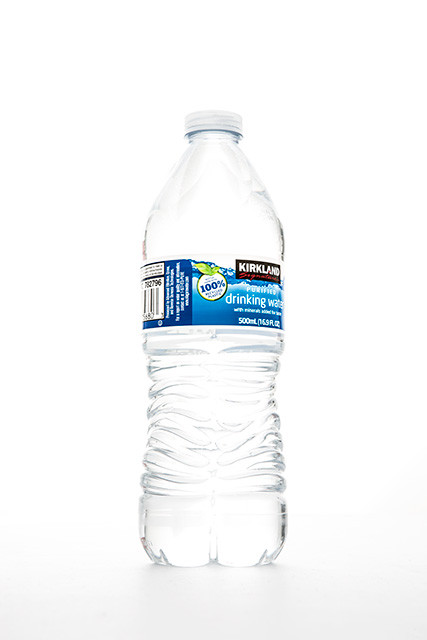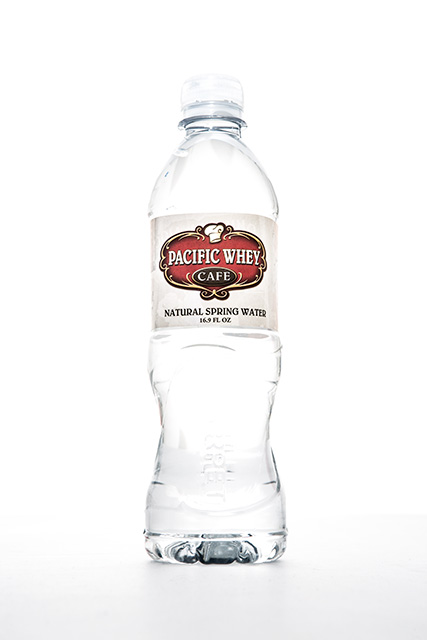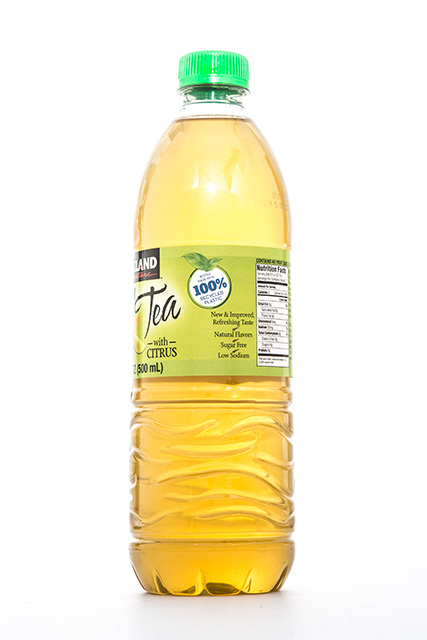



PET is polyethylene terephthalate.
It's a plastic resin and the most common type of polyester. Two monomers—modified ethylene glycol and purified terephthalic acid—are combined to form the polymer called polyethylene terephthalate. PET was discovered and patented in England in 1941.
PET is the plastic labeled with the #1 code.
Many beverages, food items and other consumer products are delivered in bottles or packages made from PET. The #1 code is usually found on or near the bottom of the container.
PET makes good packages for food and non-food items.
Manufacturers like it because it's safe, strong, transparent and versatile. Customers choose it for its safety, light weight, resealability, shatter-resistance and recyclability. Up to 100% of a PET package can be made from recycled PET, and the material can be recycled again and again.
PET can be recycled into many new products.
Recycled PET (RPET) is a viable alternative to virgin PET and can be used in multiple applications. Over the last several years, RPET has been successfully used in food packaging applications. RPET produced by Verdeco Recycling and by other manufacturers can be found in beverage bottles and food packages on the shelves of stores and supermarkets all across America.

















